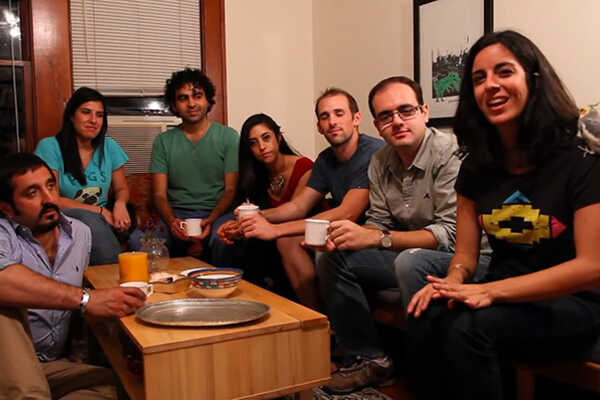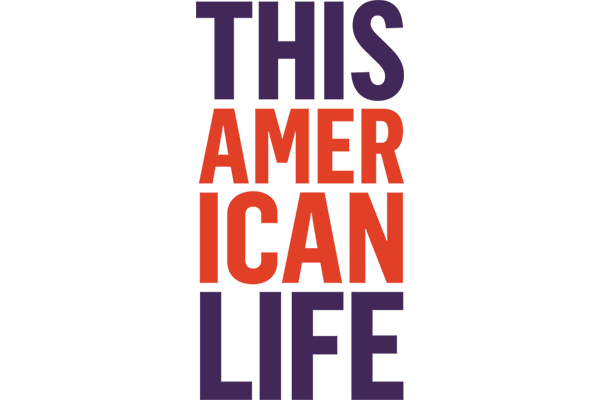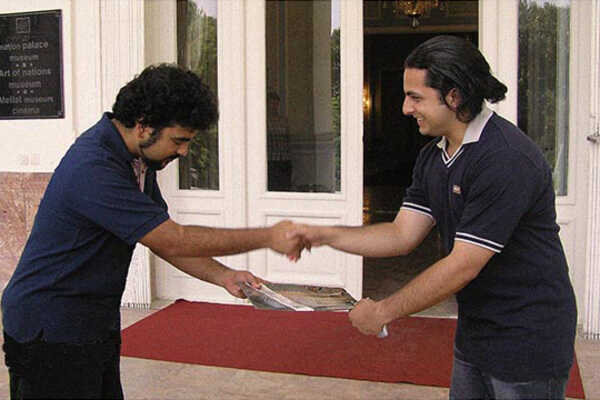
How Uber Is Going Iranian
(coauthored by Mahshad Vakili Hall)
Unless you've been living under a rock the past couple of weeks, you'll have heard the news already -- Uber’s former problematic CEO was replaced by an Iranian named Dara Khosrowshahi. This guy is the real deal: born in Iran, fled the Iranian revolution at age eight as a refugee, and raised right outside New York City with his brother. He’s passionate, driven, calm -- and a true embodiment of the American dream.
One of the biggest flaws of Uber was its culture; a misogynistic boys’ club that valued profits above all else, without regard for its customers or its drivers. It was the embodiment of what is wrong with American corporate culture.
But now that there’s a real Iranian at the head of the company, we know that the culture is certainly going to change, and we think a little Iranian sense of hospitality might be exactly what the company needs.
For those of you unfamiliar with Iranian culture, we put a list of some changes that might be coming to Uber now that the CEO is Iranian. Did we miss any? Leave them in the comments below, and enjoy!
1. Instead of featuring a price for the ride, the app will automatically list the fare as ‘ghābel nadareh’, and you will then have to argue to pay.
If you’re familiar with the Iranian tradition of ‘tārof’, you will be familiar with this. Tārof is an extreme form of Iranian politeness. In monetary transactions, it’s never polite to ask for money. Rather, a merchant will tell a potential buyer “ghābel nadareh” when asked the price, meaning “the price of this object is not worthy of you”. In other words, they will literally insist that the buyer take the item for free. The buyer will then have to insist on paying before finally being told the price of the item. In this way, the seller shows the buyer respect, acknowledging them as a fellow human rather than just a financial transaction.
2. You might get stuck for much longer at stop signs as your driver insists the other cars go first.
This is another example of Iranian tārof. In order to be respectful, Iranians insist that others go before them through a door. Often times people will get stuck at the door saying ‘you go first’, ‘no you, please, I insist’, ‘no you!’ and so on. The same goes with stop signs. Often Iranians will get stuck at a stop sign, motioning for other cars to go first. This might become commonplace in Ubers now, as drivers will want to show this extreme sign of respect towards others.
3. Instead of the Uber and UberX option, you'll choose between Uber and darbast.
In Iran you have two options- pick up a taxi that's going up and down the street, picking up anyone going in the same direction. This is the more common option, and is kind of like Uber Pool. Darbast on the other hand is the luxury option- someone picks you up from wherever you are, and takes you directly to your destination, either in an actual taxi or in their personal car. Sound familiar?
4. It may take 20 minutes to get out of the car once you get to your destination.
It takes Iranian people a really long time to say goodbye. Even getting off the phone can take several minutes. Expect a lot of requisite formalities such as, “khosh begzareh” (may you have a good time), “ghābel nadareh” (see #1, above), “ghorbāneh shomā” (I’ll sacrifice myself for you), “motchakeram” (I am so grateful), “salām beresoonin” (say hello to so and so for me… even though I don’t know them), “movāzebé khodetoon bāsheed” (take care of yourself), “khaylee mamnoun” (much gratitude), and probably another half dozen phrases repeated in a circular chorus between you and the driver as you try to open the door and exit the vehicle. Don’t just jump out, it’s rude!
5. As soon as you enter the car, the driver will offer you hot tea (chāi) and ghand.
Iranians love to host! And even though Uber is technically a livery service meant to transport you from point A to B, you can bet that you’ll immediately be offered a small glass filled with scalding hot tea that would burn your mouth if you even thought about drinking it any time soon. Be sure to leave room on the adorable saucer for your ghand, or special Iranian sugar cube. Oh, you got to your destination before the tea was safe enough to touch to your lips? Oh well… don’t forget to say “dastetoon dard nakoneh” to express your gratitude anyway.
6. When you get in, the driver says, “bebakhsheed poshtam be shomāst”.
Iranians hate outward displays of disrespect (in case you haven’t noticed the pattern by now), so another way they like to express their extreme politeness is by apologizing for sitting with their backs to you. As such, when you get into a post-Dara Uber, the driver will be compelled to apologize for having his back to you: “bebakhsheed poshtam be shomāst”. You could always avoid this by getting in the passenger seat!
7. You should be prepared to tell the driver, “khasteh nabasheed”.
Before you even shut the door behind you when entering your Uber, make sure you tell the driver, “khasteh nabāsheed”, which means “may you not be tired”. Iranians will say this to pretty much anyone at any time who is doing anything that might involve any kind of exertion. Bus driver, taxi driver, store merchant, someone who gets home from work, someone who just exercised, if you ate too fast… It’s yet another gesture of extreme politeness expressed through a desire to let others know how much you appreciate their efforts.
8. The car might smell like a department store.
Iranians love designer fragrance. Consider yourself warned. If you have allergies, you might want to consider using Lyft, instead.
9. Be prepared to go the scenic route.
Iranians are known for taking their time. So now, the default mode in an Uber car will be to go the scenic route and enjoy the ride, with plenty of conversation about poetry, philosophy, and politics, while sipping on tea. You can also probably expect the driver to ask a lot of personal questions about your education, your family, your relationship, and whether you’ve heard of their cousin’s store or company or restaurant.
10. Iranians will be even more proud of their country and people.
Your parents had no idea what ridesharing was before, but now, any time you mention needing to go somewhere, they’ll immediately jump in with ‘vat about you go vit de Uber? You know Uber is from Iran’.
If your parents aren’t Iranian, your Iranian friends will become even more annoying in this regard. They’ll insist Uber was an Iranian invention, no matter how much you argue with them.
If any of these changes do indeed come to Uber, remember you heard it here first. We're excited to see what Dara does to the company- we're all counting on you brother to respresent us, no pressure!


